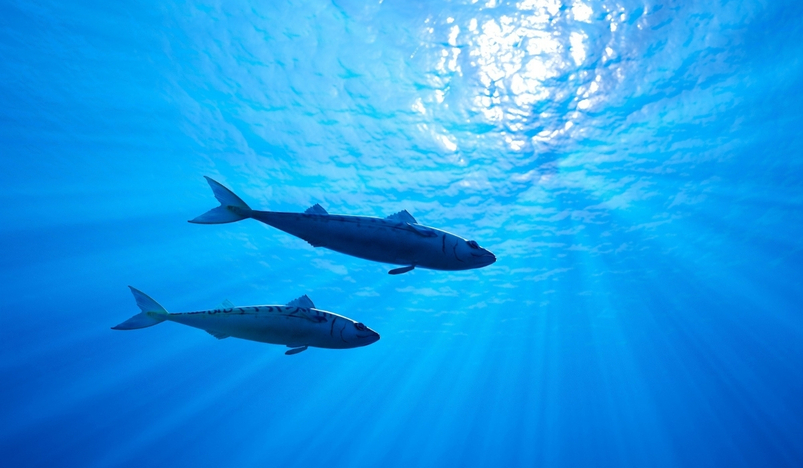
Qatar has emerged as a leader in water security in the region, owing to the proactive vision of its leadership, which began laying the groundwork for water resilience over two decades ago. Eng. Abdulhadi Masoud Al-Marri, Head of the Water Control Section at Qatar General Electricity and Water Corporation (Kahramaa), emphasized in a recent interview with Qatar TV that the country operates from a position of strength, supported by comprehensive risk management strategies and reliable business continuity systems.
Al-Marri highlighted that Qatar’s main objectives in the water sector are to ensure an adequate supply that meets national demand and to uphold high water quality standards. He also discussed various aspects such as current and future projects, Qatar’s dependence on desalinated seawater, the impact of climate change, advancements in technology, and the country’s active role in global cooperation on water sustainability.
Due to its lack of substantial groundwater reserves, Qatar depends almost entirely on seawater desalination to meet its freshwater needs. Al-Marri noted that over 99.9% of the nation’s water supply is derived from desalinated seawater, with less than 0.01% coming from underground aquifers. He explained that the country's rich marine resources not only support water production but also benefit other vital sectors like energy and fisheries.
However, climate change has introduced new complexities. Rising global temperatures and shifting weather patterns have led to increased seawater salinity, which subsequently raises the energy required for the desalination process. Qatar, anticipating these issues, has already begun implementing sustainability-focused measures and environmental initiatives to mitigate the effects and ensure long-term resilience.
Al-Marri detailed the two primary desalination technologies used in Qatar. The first is thermal desalination, where seawater is heated and condensed, then re-mineralized to produce potable water. The second is reverse osmosis (RO), a more energy-efficient method that uses high-pressure membranes to filter out salt and impurities. He emphasized that while both methods are environmentally safe, RO holds particular promise for the Gulf region due to its energy efficiency and future scalability.
One of Qatar’s most significant accomplishments in water management is the development of the world’s largest strategic water reservoirs, a feat recognized by the Guinness World Records. These massive reservoirs greatly enhance Qatar’s ability to store and distribute water efficiently, providing a stable and reliable supply to every region of the country. The entire water distribution process is meticulously structured, beginning with long-term storage in strategic reservoirs, followed by short-term regulation through operational reservoirs, and finally, seamless delivery to end-users including households and businesses. This tiered system reinforces the flexibility, stability, and resilience of Qatar’s water infrastructure.
Qatar also acknowledges that water security is a global challenge and actively collaborates with international organizations such as the International Water Association (IWA) and the American Water Works Association (AWWA). These partnerships grant Qatar access to cutting-edge technologies, global research data, and advanced policy frameworks. By participating in international conferences and exchanging scientific papers, Qatar contributes to and benefits from ongoing developments in areas such as pumping systems, water storage, control technology, and cybersecurity.
Looking forward, the country plans to further expand its water storage infrastructure by constructing additional reservoirs, enhancing remote monitoring and control capabilities, and integrating artificial intelligence (AI) into desalination and distribution operations. Kahramaa has already started implementing these digital upgrades to increase operational efficiency and sustainability.
Qatar’s approach to water security reflects a long-term, innovative strategy that combines infrastructure development, global cooperation, and public engagement. The country remains committed not only to meeting present-day demands but also to preparing for future environmental challenges. Public awareness and water conservation are also key elements of this strategy. Kahramaa has established a dedicated department focused on promoting sustainable practices and behavioral change through targeted educational initiatives.
.jpg)
Qatar Secures Place Among the World's Top 10 Wealthiest Nations
.jpg)
Hamad International Airport Witnesses Record Increase in Passenger Traffic

Saudi Arabia: Any visa holder can now perform Umrah

What are Qatar's Labour Laws on Annual Leave?
Leave a comment